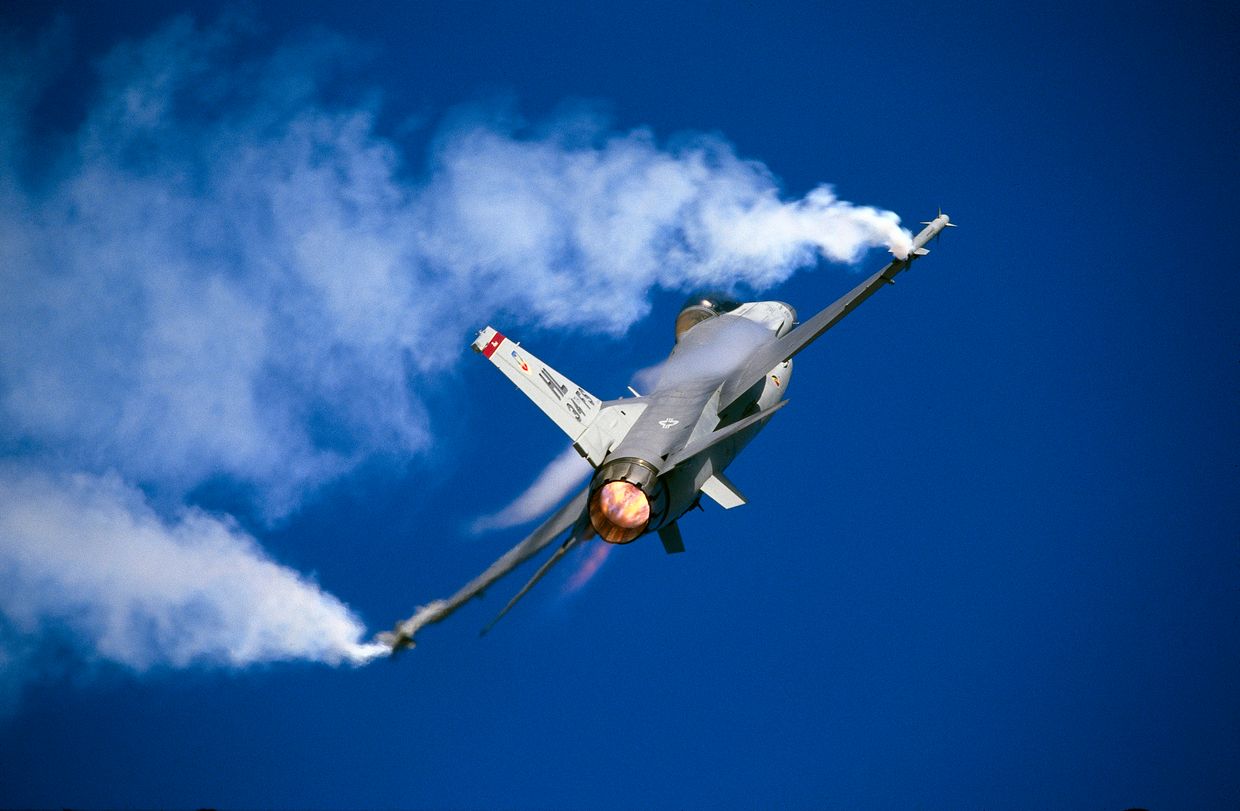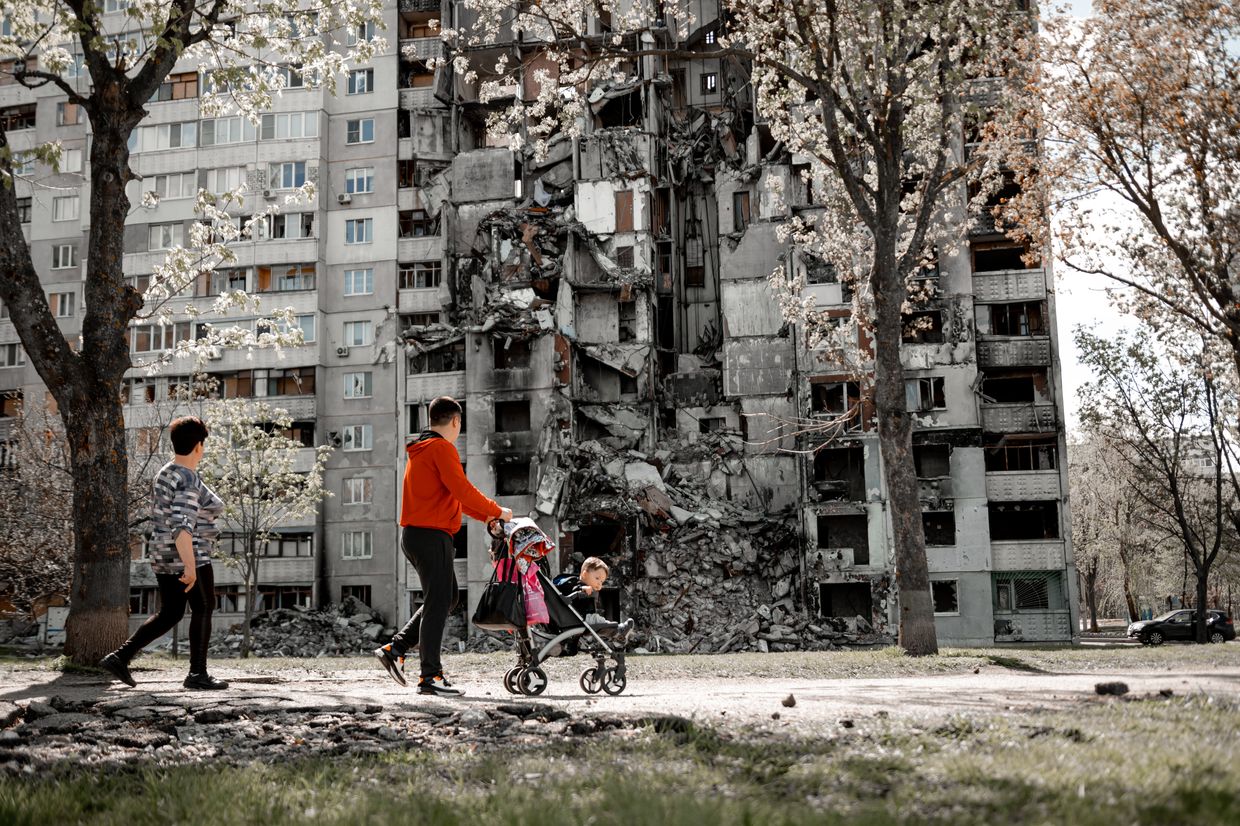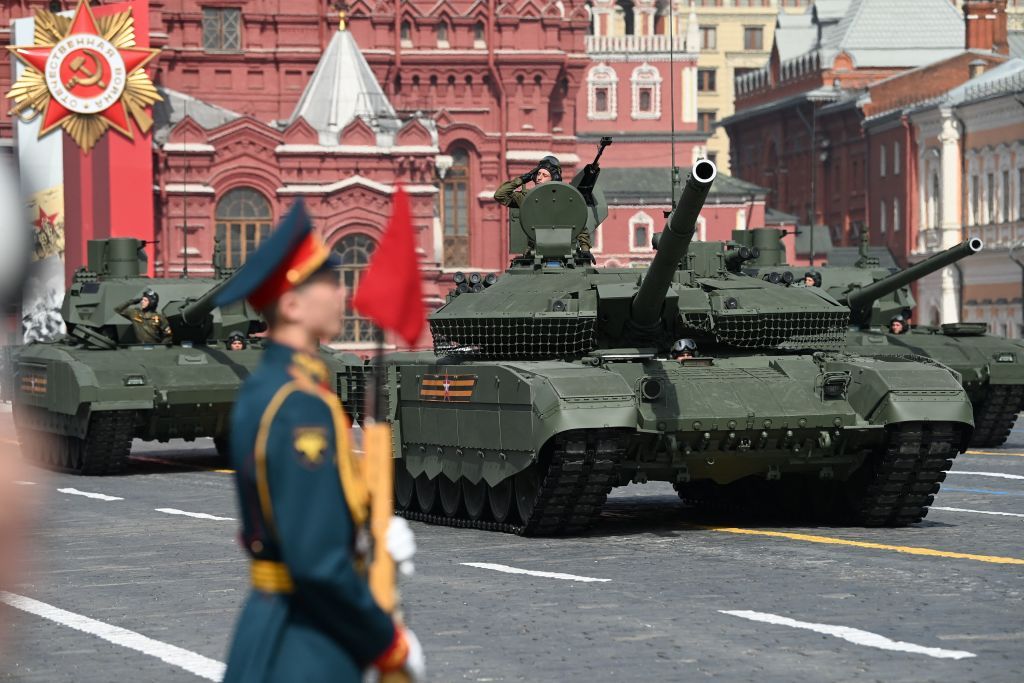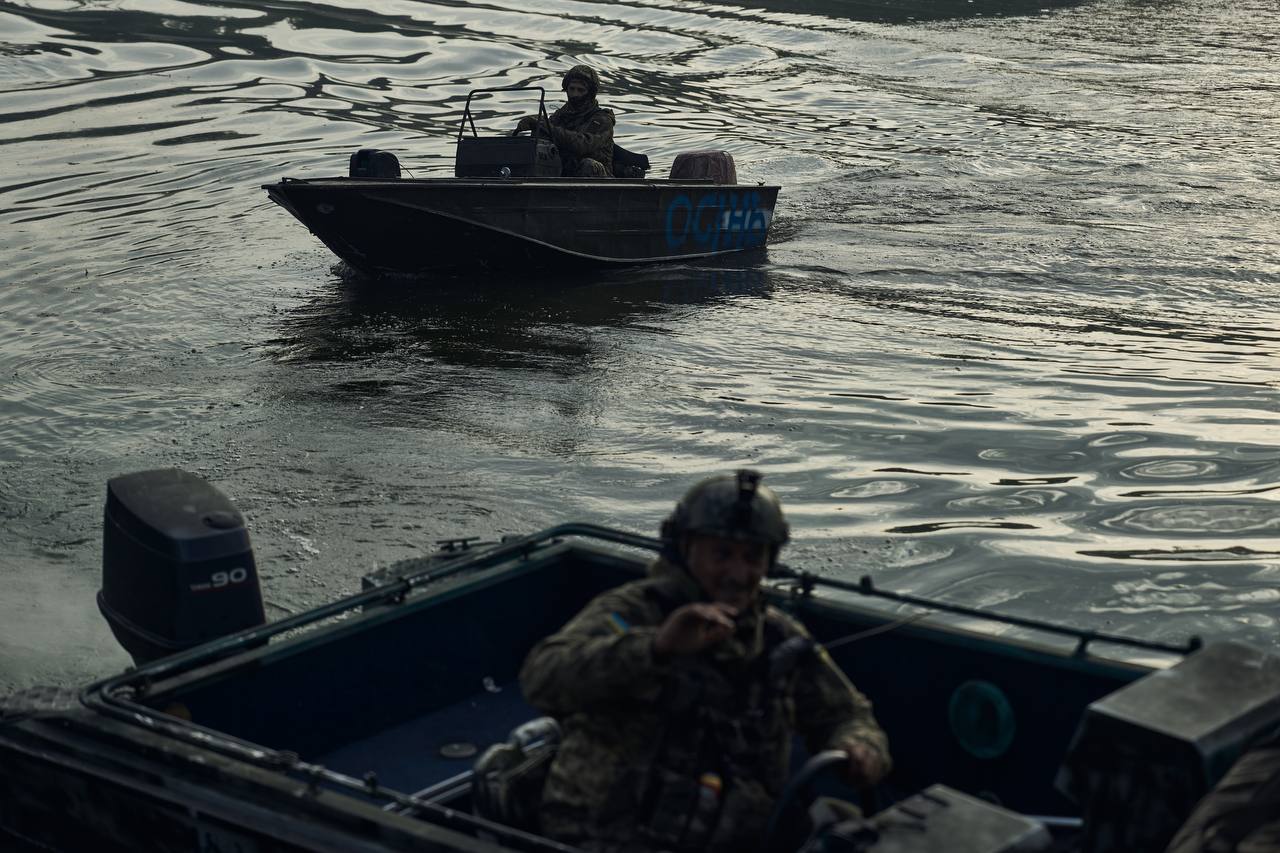Ukraine war latest: First F-16 fighter jets arrive in Ukraine, Bloomberg reports

Key developments on July 31:
- First F-16 fighter jets arrive in Ukraine, Bloomberg reports
- Ukraine downs all 89 Russian drones launched in mass attack
- Russia used new 'distracting' drone type during recent attack on Ukraine, Kyiv says
- Ukrainian Navy claims attack on Russian weapons depot near Kursk
- Azov soldier Oleksandr Ishchenko dies in Russian captivity, Ukraine's Ombudsman says
Ukraine has received the first batch of fourth-generation U.S.-made F-16 jets, Bloomberg reported on July 31, citing unnamed people familiar with the matter.
The news comes a year after the allied "fighter jet coalition" took shape at the Vilnius NATO summit under the Danish and Dutch leadership.
The deadline for the transfer of F-16s was late July, the sources told Bloomberg. Ukraine received "a small number" of the planes, the sources said.
Ukraine is expected to receive at least 79 F-16s from the Netherlands, Denmark, Belgium, and Norway, with the deliveries to continue in the coming years.
The fighter jet coalition also pledged to help train Ukrainian pilots and technical staff to operate the jets.
It is unclear whether the trained Ukrainian pilots will be able to use combat aircraft immediately or the process will take longer, unnamed people told Bloomberg.
Kyiv is yet to confirm these reports.
Ukraine downs all 89 Russian drones launched in mass attack
Ukrainian air defense downed all 89 Shahed-type attack drones launched by Russia in a mass attack overnight, as well as one Kh-59 missile, the Ukrainian Air Force reported on July 31.
The main direction of the attack was Kyiv and the surrounding region, the Ukrainian Air Force said.
Nine drones were downed above Kherson Oblast, six drones were downed above Dnipropetrovsk Oblast, and four drones were downed above Mykolaiv Oblast, according to the local authorities.
The Kyiv City Military Administration said that the attack was the strongest drone attack on the capital so far in 2024, with air defense forces destroying over 40 drones in the city's airspace and nearby areas. No casualties were reported.
One residential building in Kyiv Oblast caught fire after being hit by falling debris from a downed done, the State Emergency Service reported. The building was among 13 buildings damaged by falling debris in the region, the Kyiv Oblast Military Administration said.
The Air Force also said that the attack was among the largest mass drone attacks launched by Russia since the start of the full-scale invasion.
The attack, which lasted over seven hours, saw drones entering Kyiv in waves from almost all directions.
Mobile fire groups, tactical aviation, army aviation, anti-aircraft missile units, and electronic warfare were involved in repelling the attack, the Air Force said. The Kh-59 missile was downed as it attempted to target Mykolaiv Oblast.
Russia launched 90 Shahed-type drones in a mass attack last New Year's Eve, 87 of which Ukrainian air defense successfully intercepted.
Russia used new 'distracting' drone type during recent attack on Ukraine, Kyiv says
Russia used a significant number of so-called "distracting drones" designed to probe air defenses rather than destroy targets in its mass attack on Ukraine on July 31, said Andrii Yusov, Ukraine's military intelligence (HUR) spokesperson.
According to Yusov, the "distracting drones" do not have an explosive part.
"(Russia's) goal is to exhaust and explore air defense systems. This is not a new tactic, either. Ukraine's security and defense forces have been practicing and effectively countering such challenges," he added.
Vladyslav Vlasiuk, an adviser to the presidential office's head, said that Russian troops also used a new type of drone — Gerbera — in limited numbers in the attack.
He described these drones as a cheaper version of Shahed-type attack drones.
Ukrainian Navy claims attack on Russian weapons depot near Kursk
Ukraine's Navy carried out an attack on a weapons storage facility near the Russian city of Kursk overnight, the General Staff of Ukraine's Armed Forces reported on July 31.
Kursk is located 100 kilometers (62 miles) northeast of the Ukrainian border and nearly 700 kilometers (435 miles) from Odesa, where Ukraine's Navy is headquartered.
The attack, carried out in cooperation with other Defense Forces, targeted "a warehouse for storing weapons and military equipment" near Kursk, the General Staff said.
"The work of enemy air defense and explosions at aiming points were observed," the General Staff said, adding that the "information about the result of the damage is being clarified."
The Russian Defense Ministry claimed it had downed one Neptune missile over Kursk Oblast overnight.
Neptune is Ukraine's ground-launched, domestically produced anti-ship rocket with a maximum range of 300 kilometers (190 miles). Ukrainian forces reportedly used Neptune missiles to sink Russia's Black Sea flagship Moskva in April 2022.
Alexei Smirnov, the acting governor of Kursk Oblast, reported on Telegram at around 2 a.m. local time that a fire had broken out at an unnamed facility in the region. Smirnov claimed that the fire had been contained by 4 a.m.
Azov soldier Oleksandr Ishchenko dies in Russian captivity, Ukraine's Ombudsman says
Azov Brigade soldier Oleksandr Ishchenko has died in Russian captivity, Ukraine's Ombudsman Dmytro Lubinets, said on July 31.
In a post on Telegram, Lubinets said Kyiv had not been officially informed of the death but Ishchenko's daughter confirmed the news, saying he passed away nine days ago.
The cause of his death is not yet currently known.
Ishchenko was 55-years-old and a native of Mariupol, Ukrainska Pravda reported. He joined the Azov Brigade as a driver shortly after the launch of Russia's full-scale invasion.
He was captured while fighting fin Mariupol in 2022.
Lubinets said he had contacted the Commissioner for Human Rights in the Russian Federation for information on the "circumstances and cause of Oleksandr Ishchenko's death."
"Let me remind you that according to Article 12 of the Geneva Convention on the Treatment of Prisoners of War, prisoners of war are in the hands of an enemy state and not of individuals or military units that captured them," he said.
"Regardless of the responsibility that individuals may bear, the detaining power is responsible for the treatment of prisoners of war."
















